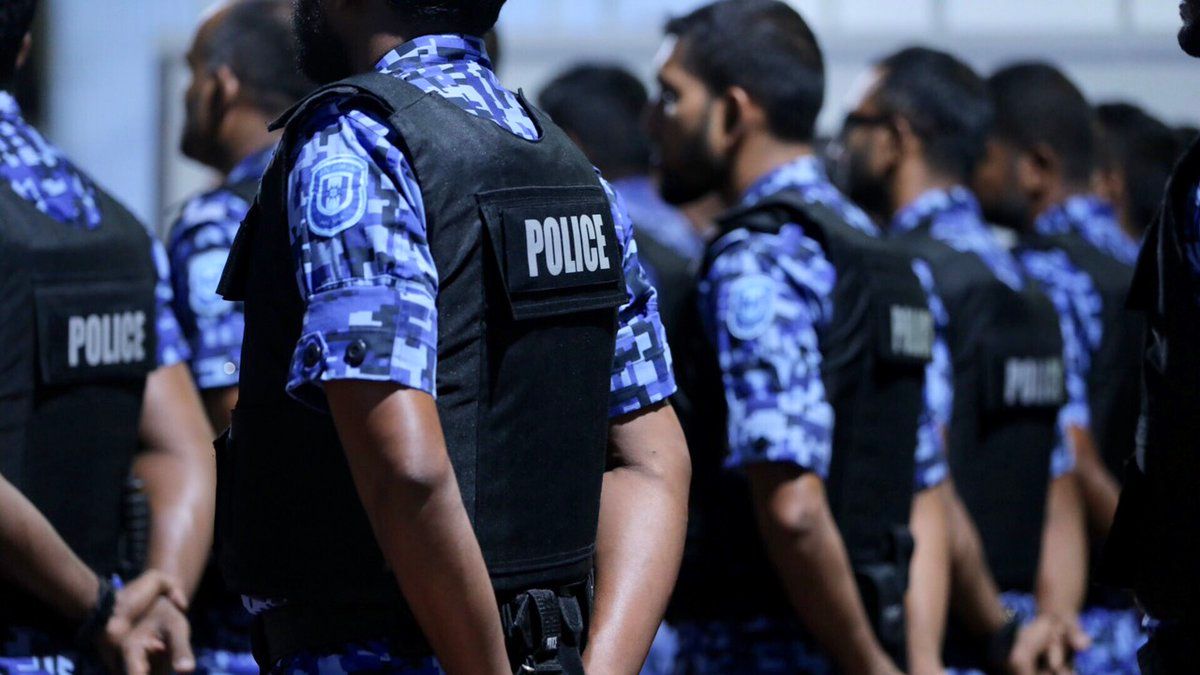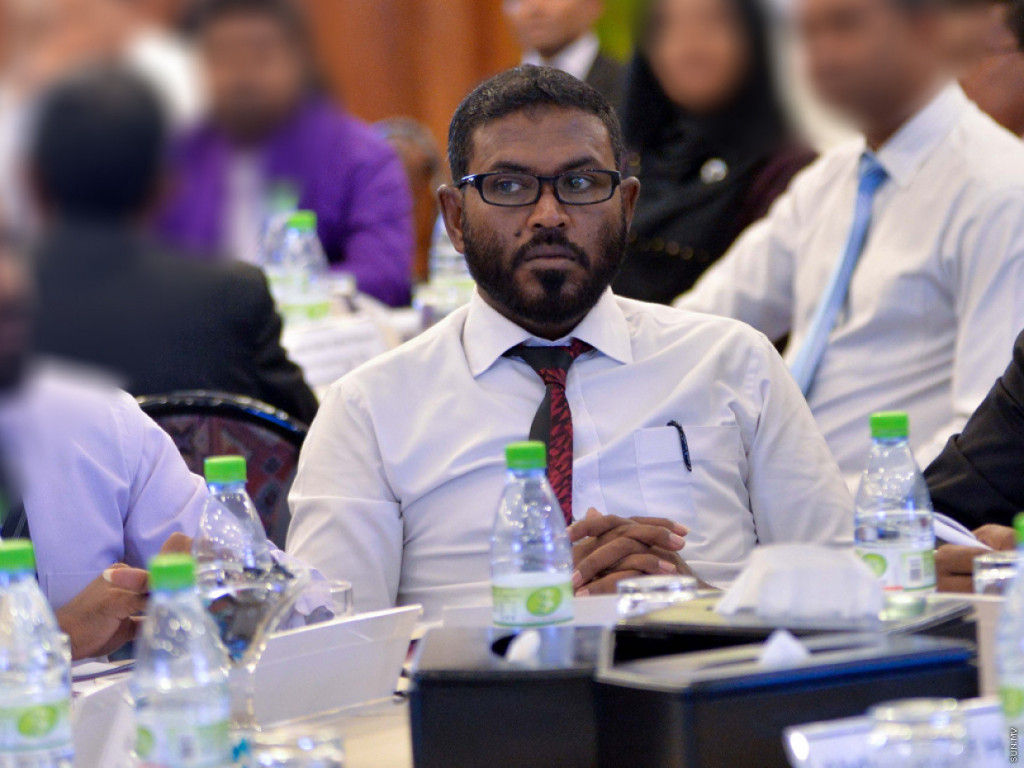
24 Oct 2019, 09:00
Magistrate resigns before impeachment vote

Mohamed Ragib Ahmed, chief magistrate of the Kaafu judicial district, resigned on Thursday after the Judicial Service Commission recommended his dismissal to parliament.
In his resignation letter, Ragib accused the watchdog of refusing to consider his defence and seeking his removal for personal reasons, Avas reported. The details of the complaint against the magistrate remain unclear.
Become a member
Get full access to our archive and personalise your experience.
Already a member?
Discussion
No comments yet. Be the first to share your thoughts!
No comments yet. Be the first to join the conversation!
Join the Conversation
Sign in to share your thoughts under an alias and take part in the discussion. Independent journalism thrives on open, respectful debate — your voice matters.




